When it comes to professional cooking, the tools you use can significantly impact the quality of your culinary creations. Among these, the cast iron grill pan stands out due to its durability and ability to retain heat. However, understanding how to treat cast iron grill pan properly is crucial to ensuring longevity and optimal performance. This guide aims to provide kitchen professionals with the knowledge they need to maintain and care for their most important cooking companion.
The process of treating a cast iron grill pan isnt overly complicated, but it does require attention to detail and commitment. With proper care, your grill pan can achieve a natural non-stick surface that can withstand high cooking temperatures. Not only will this enhance your cooking, but it will also make clean-up a breeze.
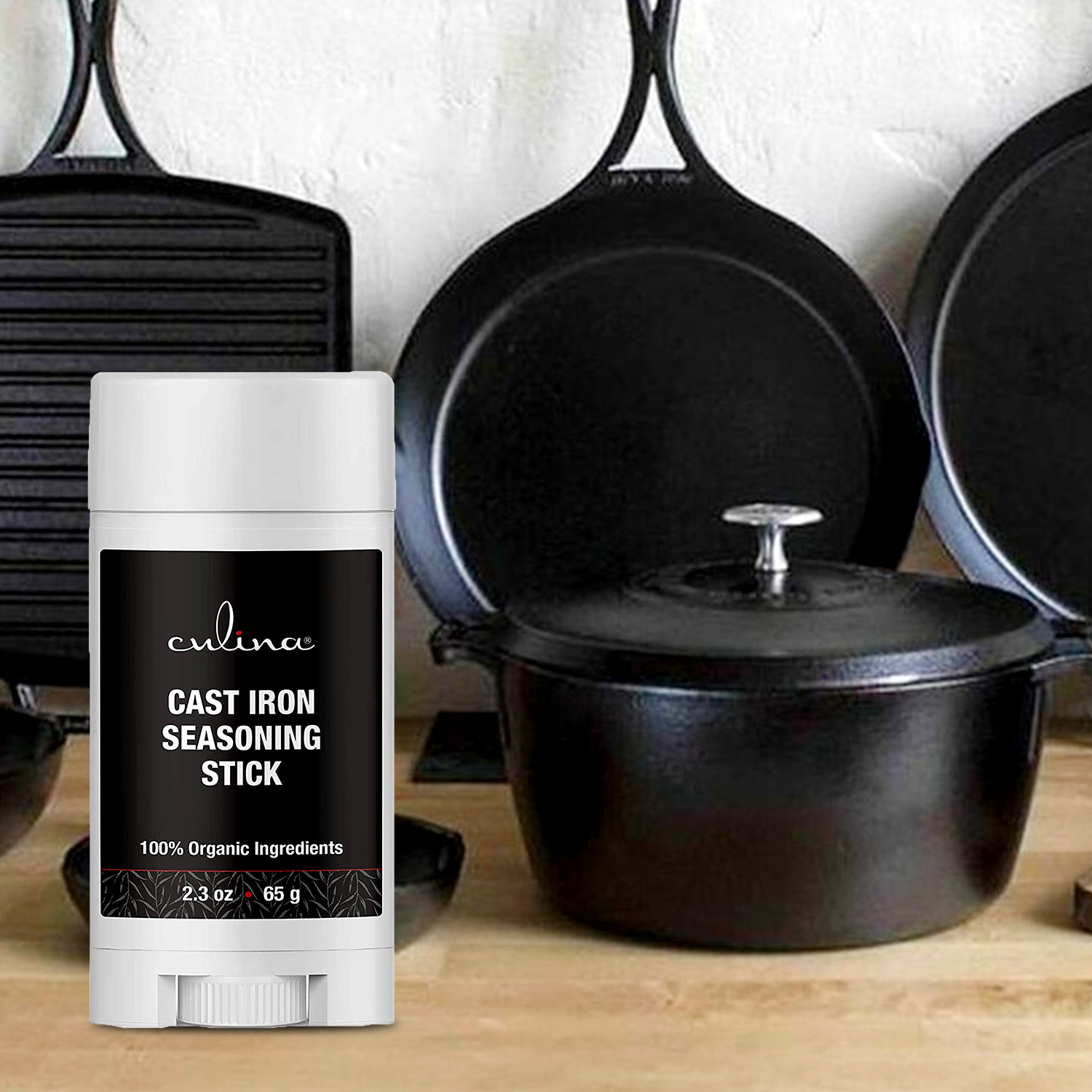
Understanding the Benefits of Cast Iron Grill Pans
Before diving into the maintenance techniques, lets consider why cast iron grill pans are so favored in professional kitchens. Their heat retention makes them exceptionally good for searing meats, giving you the beautiful grill marks that chefs strive for. Moreover, they can go from stovetop to oven, making them versatile for various recipes. You can read more about the different ways to use your pan here.
Essential Supplies for Treating Cast Iron
To treat your cast iron grill pan, you will need the following supplies:
- Cast iron grill pan
- Steel wool or stiff brush
- Cooking oil (vegetable oil, flaxseed oil, or canola oil)
- Paper towels
- Oven

How to Clean Your Cast Iron Grill Pan
The first step in the treatment process is knowing how to clean your cast iron grill pan. After use, avoid using soap as it can strip the seasoning. Instead, scrape off any food particles with a stiff brush or steel wool. If theres stubborn residue, consider soaking the pan in hot water for a few minutes before scrubbing.
Once clean, dry the pan thoroughly. Moisture is the enemy of cast iron, leading to rust and damaging the surface. You can place the pan on low heat on the stovetop for a couple of minutes to ensure it's completely dry. For more tips on keeping your grill pan clean, check this resource.
Seasoning Your Cast Iron Grill Pan
Seasoning your cast iron grill pan is crucial for developing its non-stick surface. Follow these steps to achieve a perfectly seasoned cooking surface:
- Apply Oil: Once your pan is dry, apply a thin layer of cooking oil using a paper towel. Ensure you cover the entire surface, including the handle.
- Preheat Oven: Preheat your oven to 375F (190C). Place a baking sheet on the bottom rack to catch any drips.
- Invert the Pan: Place the grill pan upside down on the top rack. This prevents any pooling of oil and allows for even seasoning.
- Bake: Let the pan bake for 1 hour. Afterward, turn off the oven and let the pan cool inside.
For more on how to grill using cast iron, consider checking this link.
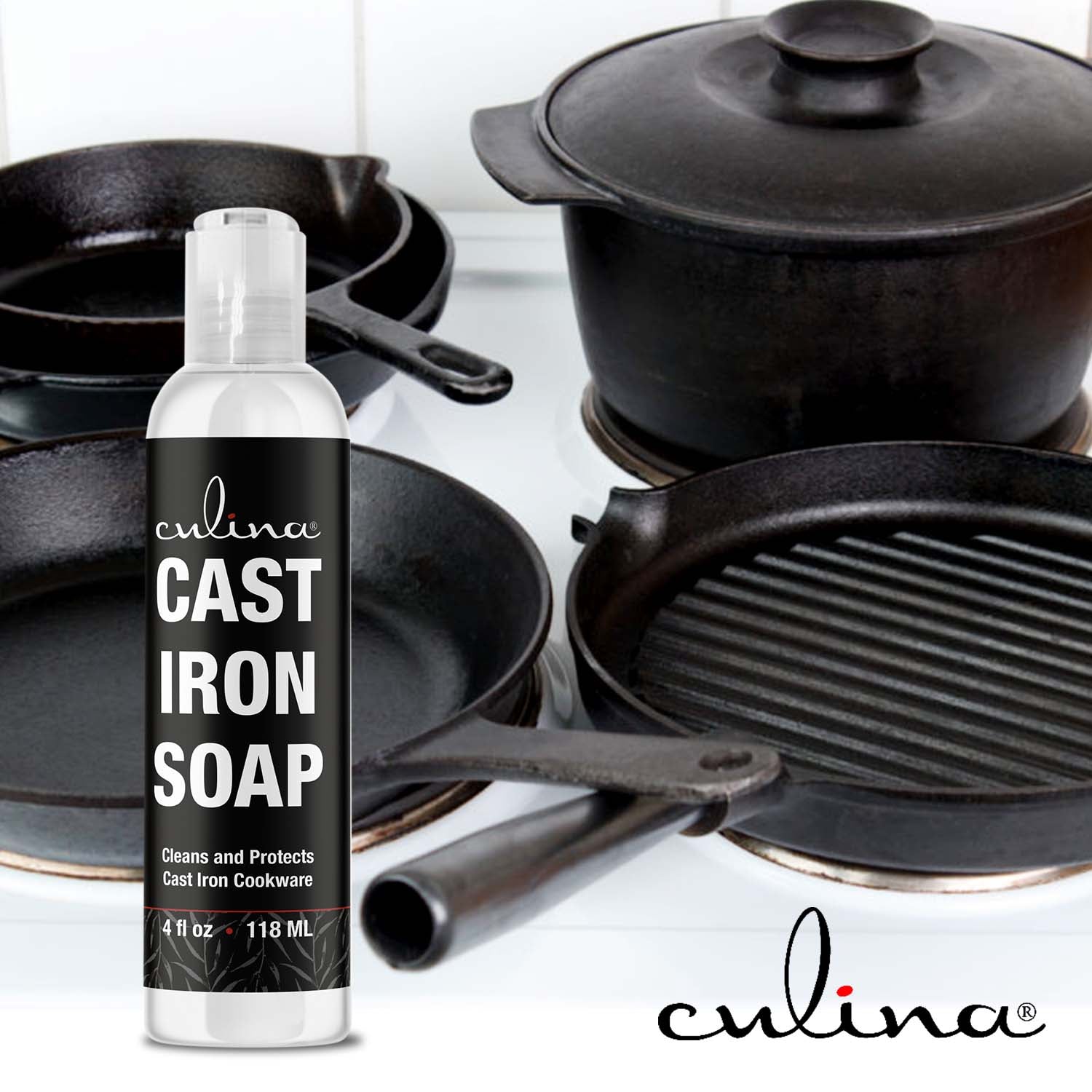
Maintaining Your Cast Iron Grill Pan
Post-maintenance, its essential to establish a routine that keeps your cast iron grill pan in top condition. Here are some tips:
- Avoid cooking acidic foods like tomatoes directly in the pan until well-seasoned, as they can strip the seasoning.
- Always dry your cast iron grill pan after washing to prevent rust.
- Apply a light coat of oil after every cleaning to maintain the seasoning.
Dealing with Rust
In the unfortunate event that rust does appear on your grill pan, do not panic. To remove rust, use steel wool to scrub off the affected area until smooth. Rinse, dry, and re-season the grill pan thoroughly.
For additional recipe inspiration, look at these ideas.
How to Store Your Cast Iron Grill Pan
Proper storage of your cast iron grill pan is paramount for its longevity. Store in a dry place, and if stacking with other cookware, place a paper towel or cloth between pans to prevent scratching. Its advisable to avoid storing the pan with its lid on for long periods as this can trap moisture, leading to rust.
Frequently Asked Questions
- Q: Can I use soap to clean my cast iron grill pan?
- A: It's best to avoid soap. Use a stiff brush and water instead!
- Q: Is seasoning necessary every time I use the pan?
- A: No, but a light coat of oil after cleaning is a good practice.
- Q: How often should I deep clean and re-season?
- A: Deep clean and re-season when food starts sticking or the surface looks dull.
As an Amazon Associate, I earn from qualifying purchases.

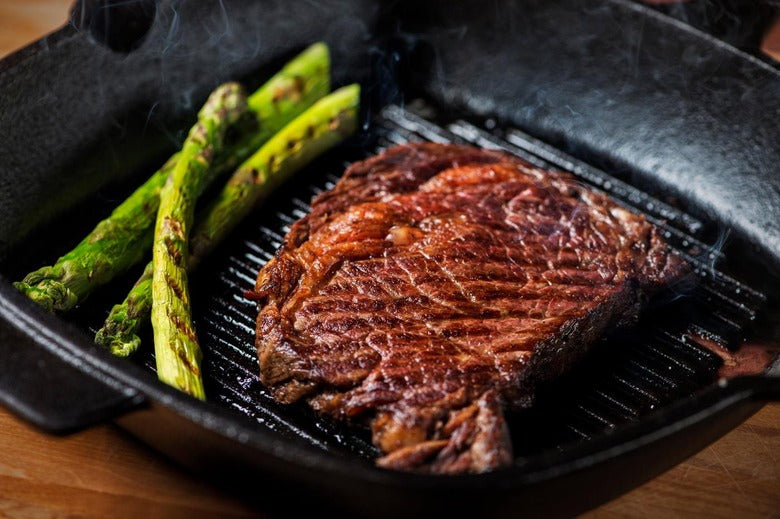


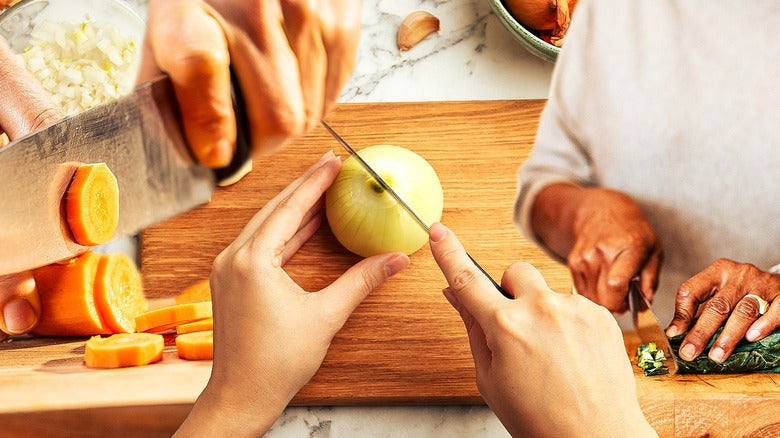
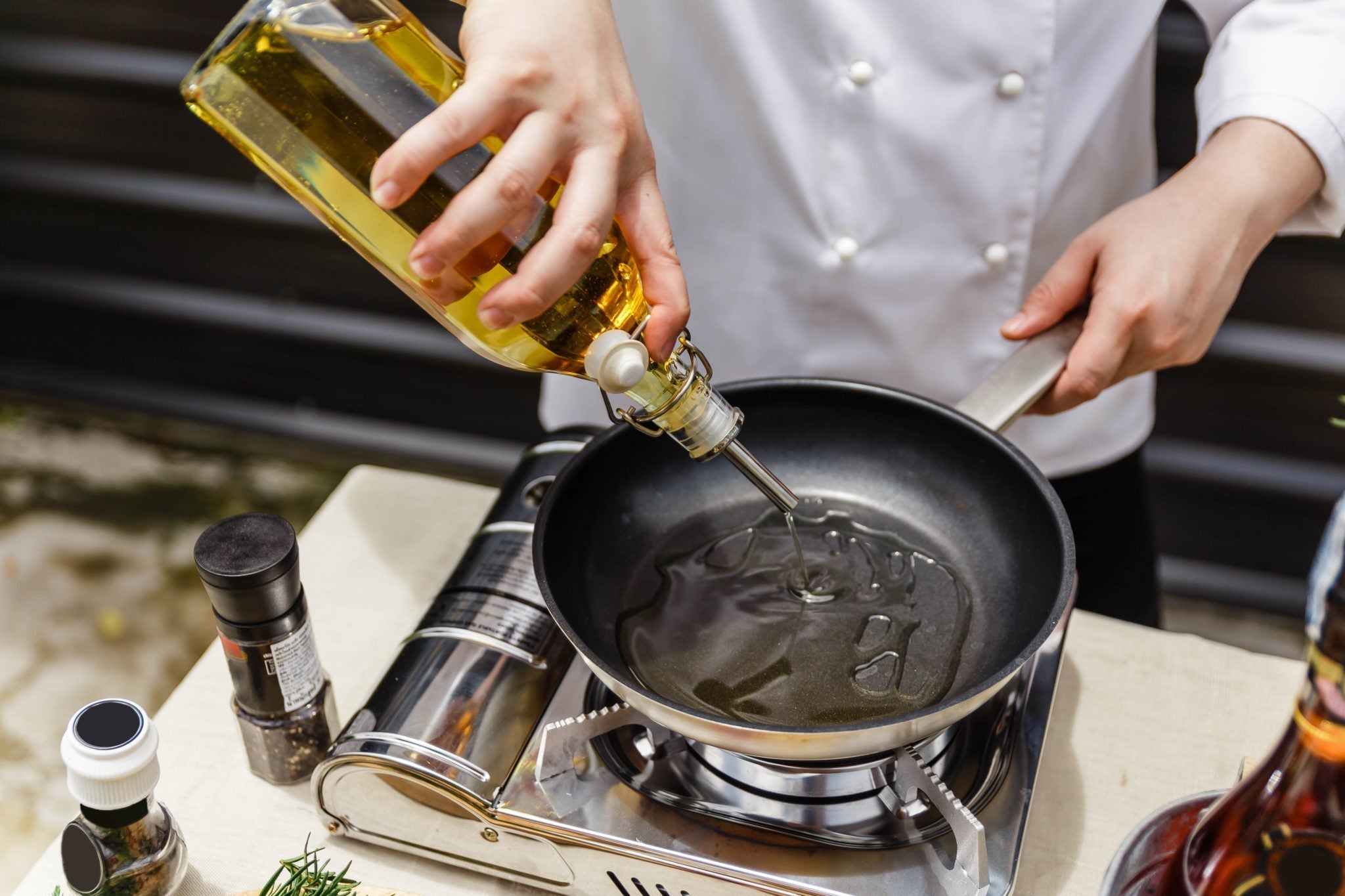
Leave a comment
This site is protected by hCaptcha and the hCaptcha Privacy Policy and Terms of Service apply.